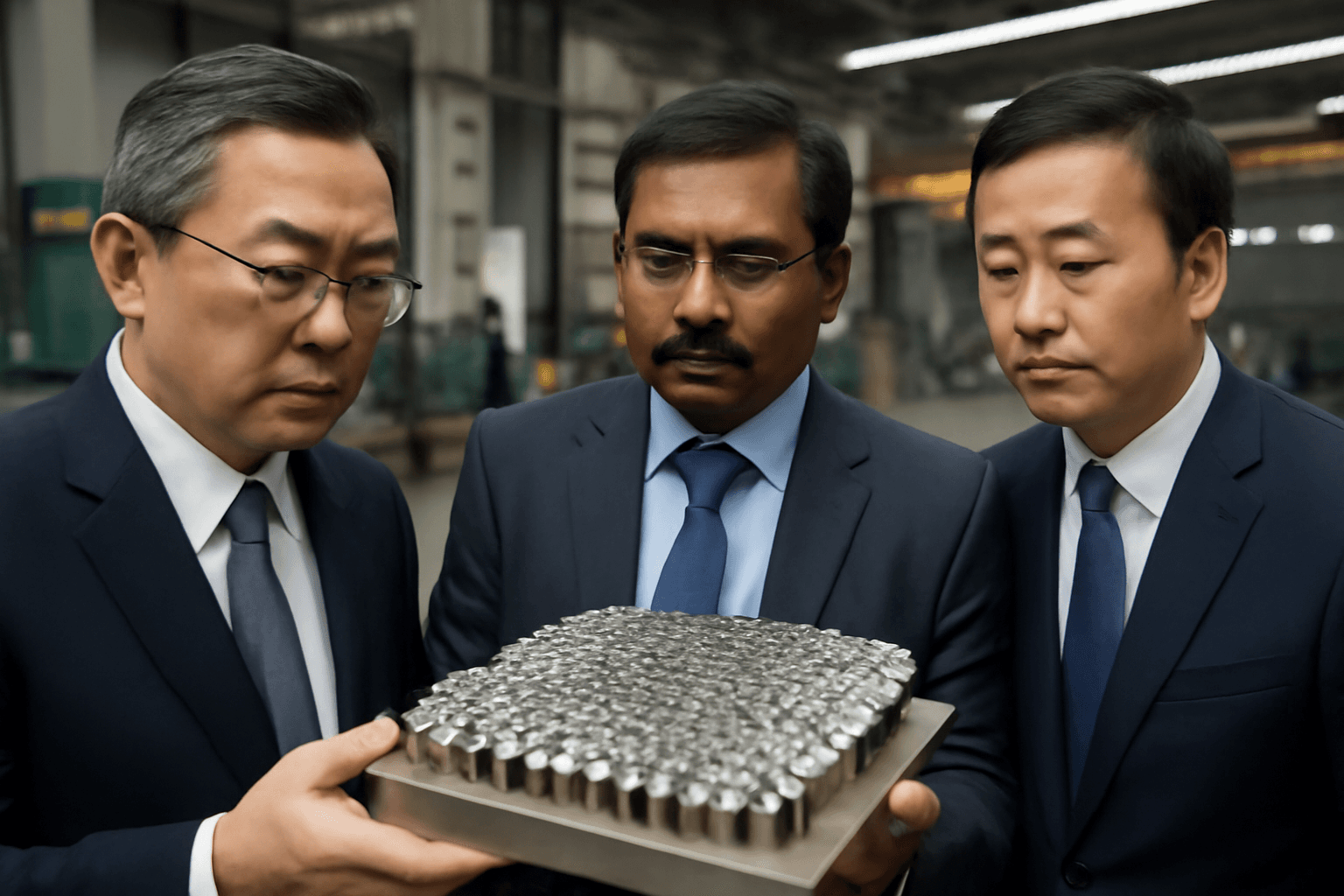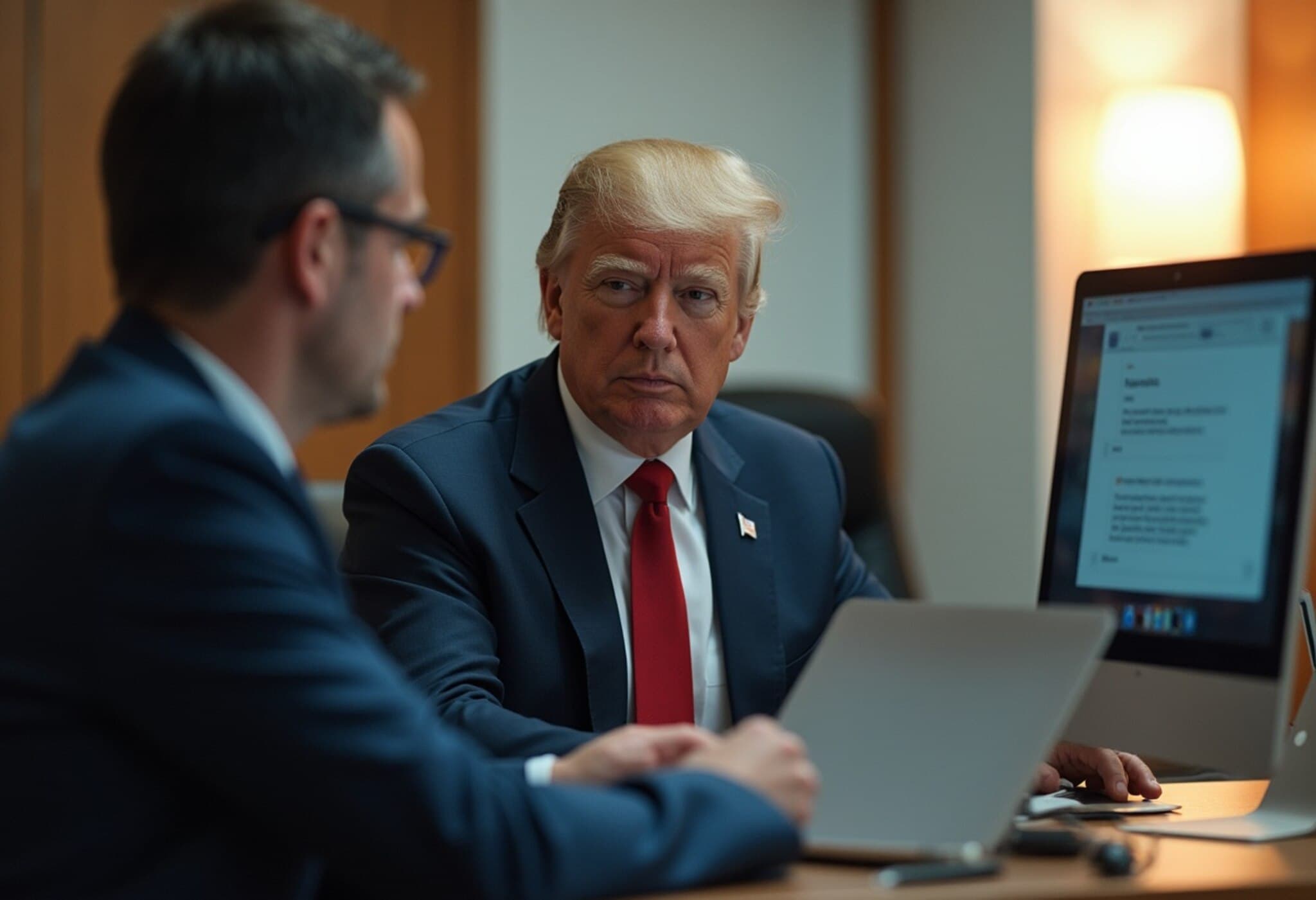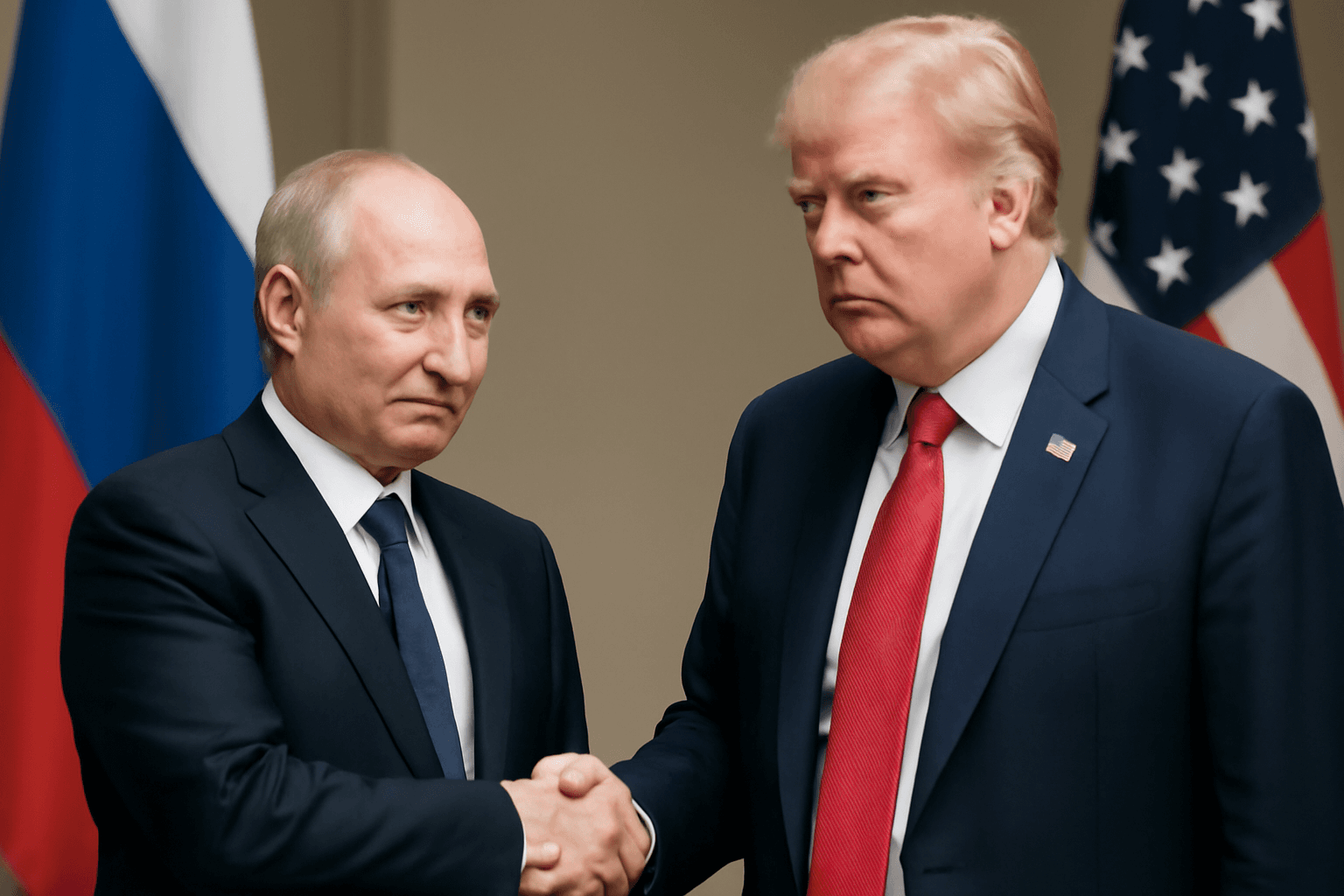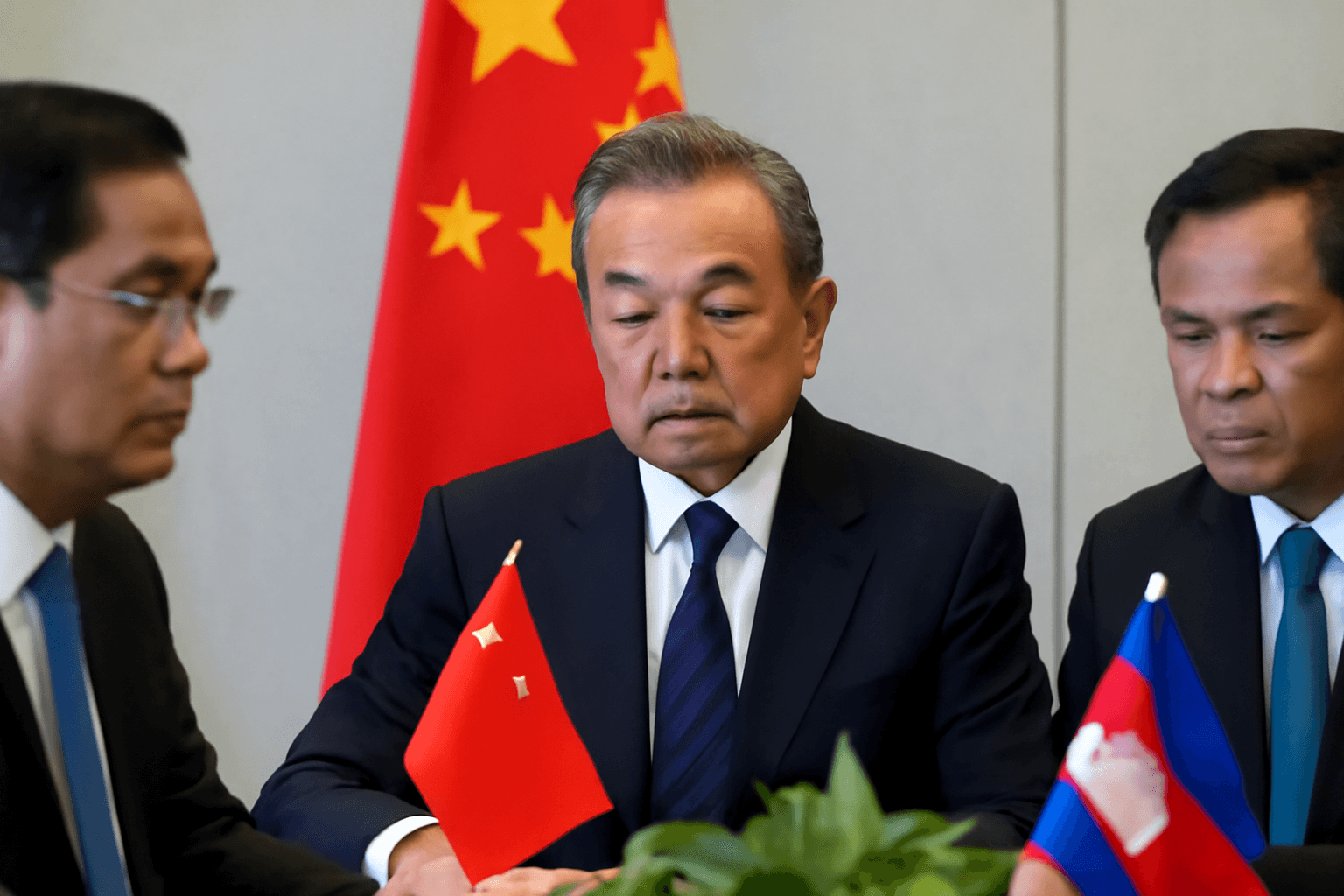India Engages China to Alleviate Export Controls on Rare Earth Magnets
In a significant move to safeguard critical supply chains, India has initiated talks with Chinese authorities aimed at relaxing the stringent export restrictions placed on rare earth magnets by China earlier this year. Sources from the Indian government revealed that domestic companies have been granted visas to visit China, a strategic step intended to maintain uninterrupted access to essential materials.
China's Export Restrictions and Their Impact
Since April 2025, China, which dominates the global rare earth market, mandated special export licenses for seven rare earth elements and their associated magnets. These restrictions have sent ripples through international industries, notably the automotive sector, which relies heavily on these materials for manufacturing electric motors and other high-tech components.
Rare earth elements such as samarium, gadolinium, terbium, dysprosium, and lutetium are indispensable not only in electric vehicle technology but also in sectors ranging from consumer electronics to defense systems, including missile guidance technology.
Ensuring Supply Chain Stability
An official involved in the discussions emphasized, "Efforts are ongoing. When we last engaged with the Chinese Embassy, they issued visas to our companies, facilitating direct dialogue with Chinese regulators to identify practical solutions. The goal is clear: prevent disruption to our supply chains."
This proactive diplomacy underscores India's urgency in securing raw materials vital for its growing electric vehicle market and advanced manufacturing ambitions. Indian automobile manufacturers have also appealed to the government for expedited approvals and support in navigating China's regulatory landscape.
Wider Economic and Strategic Implications
Experts point out that India's engagement with China on rare earth exports reflects broader geopolitical and economic undercurrents. As global demand for clean energy technologies surges, the control of rare earth resources becomes a strategic chess piece. India, aware of its dependence on these imports, is keen to diversify its sources but recognizes China's pivotal role.
Furthermore, securing stable supplies ties into India’s ambition to expand its domestic electric vehicle production—a sector critical for meeting climate goals and economic growth targets.
Looking Ahead: Challenges and Opportunities
- Dialogue Continuation: Ongoing communication channels with Chinese authorities could pave the way for more predictable trade policies.
- Supply Chain Diversification: India is expected to accelerate efforts to develop its own rare earth mining capabilities and explore partnerships beyond China.
- Policy Support: Domestic industries may see increased government backing, including streamlined regulatory procedures and incentives for alternative sourcing.
Industry watchers caution that while diplomatic engagements are promising, systemic changes require time. Nonetheless, India's assertive approach highlights its commitment to securing vital resources amid complex international trade dynamics.
Editor's Note
India's discussions with China over rare earth magnet exports underscore the intricate balance between economic cooperation and strategic resource security. As industries increasingly depend on these materials for cutting-edge technologies, ensuring uninterrupted supply chains becomes a national priority. Readers should watch how these diplomatic efforts unfold, considering their potential to reshape regional industrial landscapes and influence global clean energy transitions.











